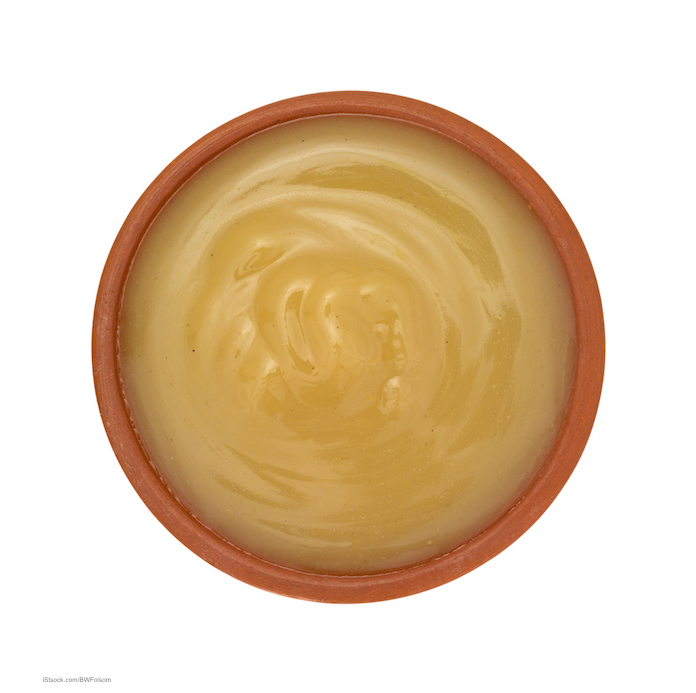According to the Democrat & Chronicle, Clostridium perfringens in gravy was the probable cause of the large food poisoning outbreak at Golden Ponds restaurant in Greece, New York on Thanksgiving 2016. Laboratory testing found the bacteria in gravy samples taken from the restaurant and in stool samples of patients who ate there.

More than 260 people were sickened in that outbreak. And four of those patients were hospitalized because their illness was so severe. All have been released from the hospital, and everyone has recovered.
The restaurant apparently made the gravy in a very large single container. It can be very difficult to keep food served and stored in large containers at a safe serving temperature. Clostridium perfringens bacteria are present in human intestines, in the environment, and in food. The bacteria grow quickly at temperatures between 40°F and 140°F, and produce a toxin that works quickly, producing violent illness.
This type of outbreak usually occurs when large amounts of food are served to a large number of people. Nursing homes, schools, restaurants, and other institutions are frequently at the center of Clostridium perfringens outbreaks. Food handlers at these institutions must be educated on how to keep and serve food at safe temperatures to prevent illness.
The bacteria is listed as a “suspected” cause in the Monroe County Public Health report, but the symptoms, timing, and other factors all match. Investigators do not know how the bacteria got into the food.
The symptoms of Clostridium perfringens food poisoning include abdominal pain, stomach cramps, nausea, and diarrhea. Most people sickened with this bacteria do not experience vomiting. And the symptoms occur quickly, usually within hours of exposure to the bacteria.
To prevent this type of food poisoning, food handlers should always wash their hands well after using the bathroom and before preparing food. Food should never be stored in very large containers. And food should be served in small containers that are kept at a safe temperature using hot plates or other appliances. Any food kept in a large container, especially foods such as gravy and soups, can harbor cold spots where bacteria can flourish.
Golden Ponds was re-inspected recently and passed the inspection with no issues. Earlier inspections had revealed problems such as the presence of insects and rodents, and food contact surfaces not being cleaned after use.




